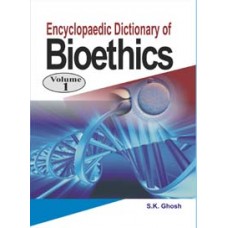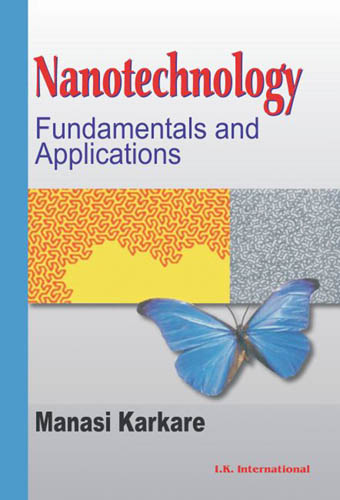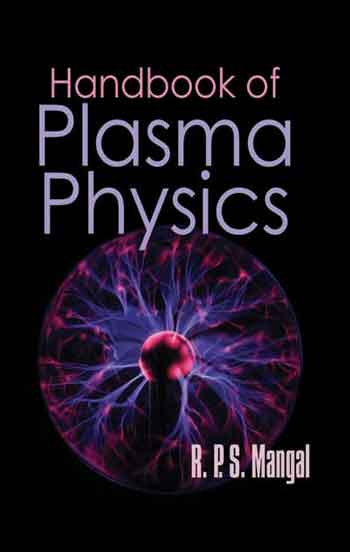Encyclopaedic Dictionary Of Bioethics
By S.K. Ghosh(Author)
Bioethics is the multi-disciplinary study of ethical problems of humanity arising from scientific advances in medicine and technology examined in the light of moral values and principles. It deals with questions of moral dimension and professional responsibility involving all forms of life: issues of medical decision making, living and dying, withdrawing and withholding medical care, conducting research on human subjects, allocating scarce resources, transferring cells from one or several organisms to produce another with particular characteristics (cloning), and preserving natural resources by efficient use of energy to protect the atmosphere and counteract the deleterious effect of pollutants.This second revised and expanded edition of Encyclopaedic Dictionary of Bioethics consisting of four volumes has become a monumental work for its exhaustive explanation of more than 145 entries which deals with the various aspects of bioethics and its application in research and practices in biosciences. This revised edition contains all the entries of first edition in revised form and 45 new entries have been included in it. The entries in this Encyclopaedic Dictionary not only deals with medical ethics, but it also includes the moral, social and political problems that arise out of bio sciences. This book would be an ethical asset for medical professionals and other bio-scientists.






